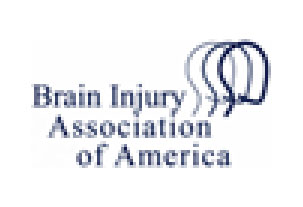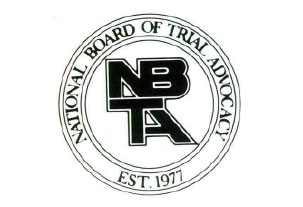According to the Daily Journal, medical value of storing cord blood is disputed by experts. Critics of cord blood banking feel that the chances of needing it are so slim that cord blood banks are unnecessary. Some critics feel that cord blood storage should be handled by a national donation center so that the sick are able to receive stem cell matches, while many critics feel that there is a lack of oversight of private cord blood organizations. Cord blood banking is still a fairly new procedure. Cord blood contains stem cells and genetic information of the newborn baby. It can be harvested during childbirth, both by vaginal or c-section deliveries. The procedure is painless – cord blood is collected prior to cutting the umbilical cord. Collected umbilical cord blood is sent to a private storage or public donation facility where it is cryogenically frozen for preservation. Why is cord…
Read More »
Birth Injury and Cerebral Palsy Attorneys Home
Experts Dispute Medical Value of Storing Cord Blood
March 17, 2011Abbott Laboratories Sued Over Infant Formula, Alleging Enterobacter Sakazakii Contamination
March 16, 2011According to the Sioux City Journal, a Sioux City bank has filed a lawsuit on behalf of a 3 year old girl against a maker of a powdered infant formula. According to court records, Security National Bank alleges that Jeanine Kunkel contracted neonatal Enterobacter sakazakii meningitis from the Similar formula made by Abbott Laboratories. The lawsuit alleges that Jeanine suffered permanent brain damage from drinking contaminated infant formula. The bank is acting as the child’s conservator. Her parents say that she changed drastically soon after drinking Similac powdered formula, which came in a complimentary bag provided by the St. Luke’s Regional Medical Center at the time of her discharge. Within 24 hours the newborn appeared to be acting differently, reports her mother. She was crying and appeared to be very uncomfortable. Jeanine was diagnosed with the strain of meningitis at Children’s Hospital and Medical Center in Omaha, she was about…
Read More »
Hospital Watchdog Warns of Early Cesarean Deliveries and Birth Injuries
February 28, 2011The Leapfrog Group, a voluntary patient-safety program, said that early elective deliveries might put infants at an increased risk of birth injuries. The group presented its finding to inform parents-to-be about the risks of elective early deliveries. The group states some hospitals across the country are delivering 40 percent of newborn babies early for no medical reason. Among the 773 hospitals in the United States, the group found a wide range of inconsistencies between how often facilities performed early elective deliveries. Additionally, allowing early deliveries may result in higher birth injury, infant mortality rates and permanent health problems, the group claims. An early elective delivery is a cesarean section, a surgical procedure made through a pregnant mother’s abdomen to deliver a baby. Medical experts recommend a cesarean section when a vaginal delivery may pose a health risk to mother or baby, or in cases of multiple births. The Leapfrog Group…
Read More »













